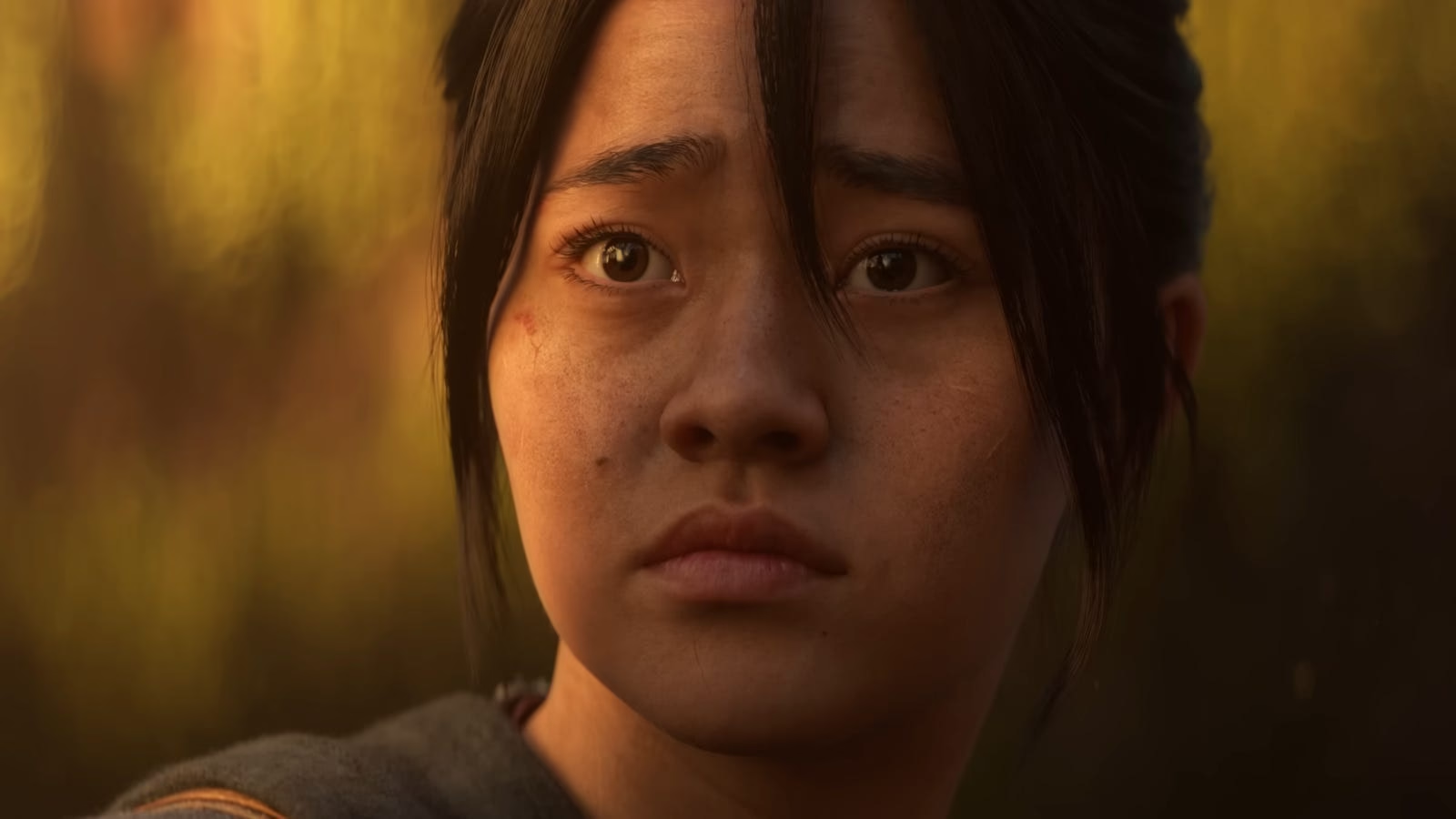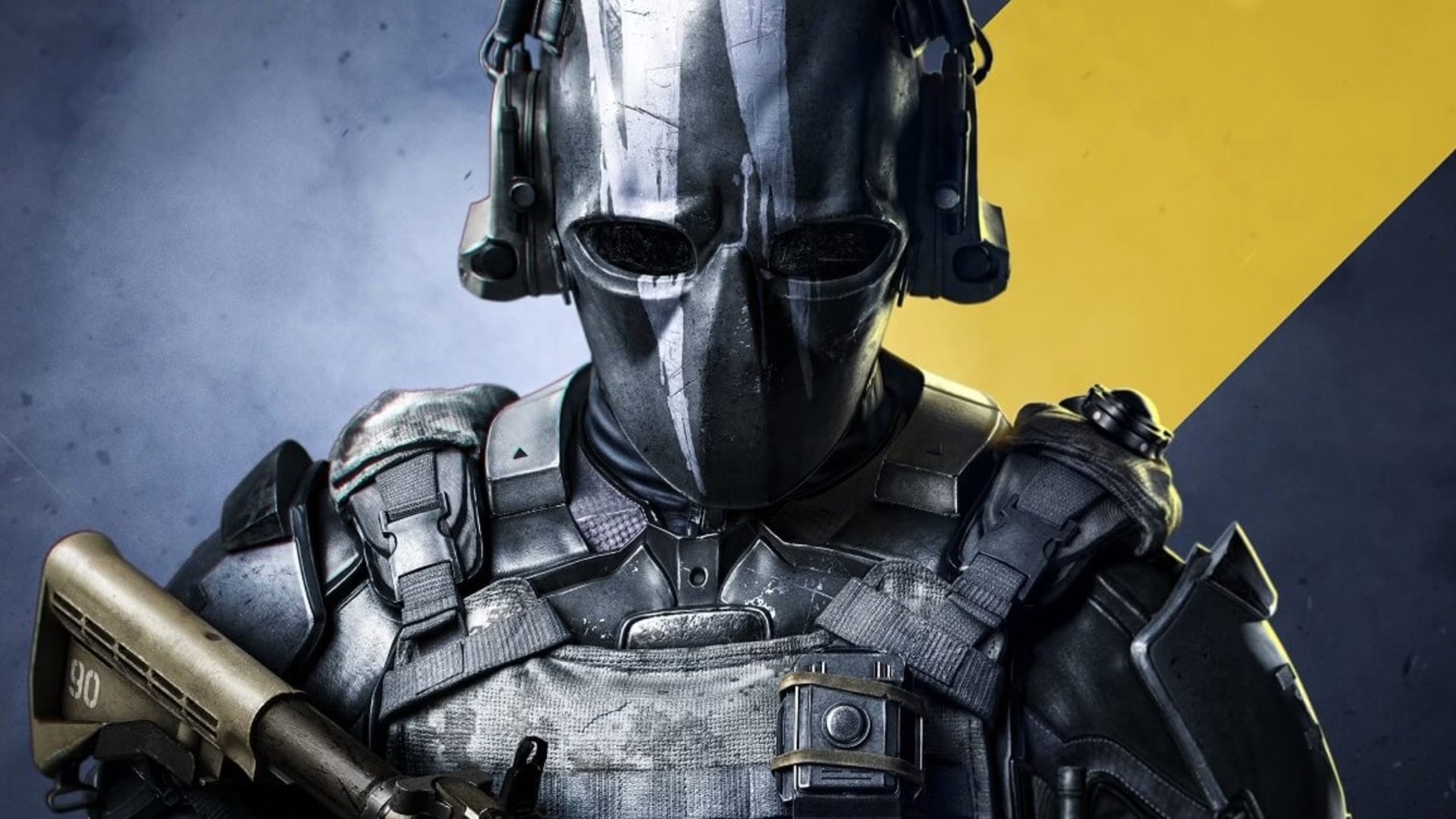How a Guild of ‘Old Timers’ Is Embracing Online Gaming All the Way to Retirement
Estimated reading time: 13 minutes
In 1997, when Ultima Online first released, Tess (known online as “TessPhyreForge”) didn’t own a computer. She didn’t know anything about computers. But she was dating a guy at the time who was really, really into Ultima Online. “He made me a character and sat me down and said, ‘This is what you do.’ Then after two hours I was hooked, and I’ve been playing ever since.”
After her then-boyfriend got her hooked on Ultima Online, Tess eventually purchased her own computer. And then another computer so her son could play with her.
“When he turned 14, the area we lived at, we had a couple pool halls and stuff like that where the kids would go hang out,” Tess says. “But it was so bad an atmosphere for teenagers and drugs and stuff that I told him I would rather buy the $10 a month subscription to play the game if he kept his grades up, and went to school, and didn’t give me a hard time…So we actually ended up playing as a family.”
Tess is 59, and for her and other older adults like her in the online community Old Timers Guild (OTG), gaming has become a lifelong hobby that’s connected them not just with family and romantic partners, but with friends all over the world. Tess joined OTG in 2007 with the release of Lord of the Rings Online, and has been with them ever since. She’s played World of Warcraft, Star Wars: Galaxies, Dark Age of Camelot, Atlas, and more Ultima. She’s made friends with people from Canada, the UK, and Japan. She’s currently a chapter leader for OTG’s Elder Scrolls: Online group, where she plays alongside hundreds of other OTG members several days a week. And many of them, she says, are fellow retirees.
“When I got injured at work, and I decided to retire for a few years, kept me sane, I guess,” she tells IGN. “I had something to do, because I just don’t enjoy watching TV as much. There’s a few shows I like, but I like interacting with people, so we get in our chat system. We use Discord and sit and just talk. Sometimes we talk about real life stuff, but we don’t talk about religion or politics. That’s one of our things that we don’t talk about in our Discord with our members. You know, it’s always about the game, and sometimes real life, about the grandkids or the kids, what they’ve achieved, what they’re doing. Yeah, it’s just a relaxing atmosphere.”
I really don’t care about stats. I just want to play.
OTG was founded back in 2005, originally for the alpha test of Dungeons and Dragons Online. It saw a major surge in membership through the early ‘10s, branching out into multiple other MMOs and at one point boasting several thousand members across numerous different games. While not explicitly billed as a guild for senior adults, OTG has attracted perhaps a surprising number of members who are now in their 50s, 60s, and even older. Part of that is due to its billing as a guild for “older, mature” gamers with a minimum age limit of 25. Another reason might be due to its relatively laid-back atmosphere and strict “no drama” rule. And yet another reason could simply be due to its longevity as a guild: many members who joined as younger or middle-aged adults have stuck around, and are now approaching their senior years.
That’s certainly the case for Coharie, a 62-year-old member of OTG who joined the guild relatively early in its life cycle. Coharie’s first memories of playing video games involved sessions of Missile Command at a friend’s house when he was 18 years old, and then playing a flight simulator he had access to while in the Navy. He got hooked on MMOs when he returned from service and built a computer to play EverQuest with his whole family. He later moved to other MMOs such as Dark Age of Camelot, D&D Online, and joined OTG while playing Pirates of the Burning Sea.
“They’re a pretty good size guild,” he says. “But it’s just the laid-back-ness and the camaraderie of it and all that. And most of the people that I game with in World of Tanks in Wargaming are my age and stuff, but they won’t put up with the drama and all that. That’s the main thing is that and stuff. And I just like them. I’ve always been with them. Well, for this long.
“Some of them talk about their grandkids and stuff like that while we’re playing. And a lot of times, if I’m in Wargaming, I’ll do more talking than I’ll do playing and stuff. I’m not the best player. I’m about probably average or maybe a little below average because I am older. Reflexes have gotten slower and stuff like that. I really don’t care about stats. I just want to play.”
Reflection on Reflexes
There are, of course, some challenges to the OTG members working to keep up with video games as they age. One obvious example is Coharie’s aforementioned deterioration of twitch reflexes needed to play fast-paced games, such as online shooters. One OTG member who asked to go by “The Dude” told me this is something he’s struggled with recently, at the age of 54, but finds that older adults like him gravitate toward MMOs for this reason. “I think one of the nice things about MMOs is you can do it at your own speed, whatever speed is going to be,” he says. “And…I think as we get older, we really gravitate toward community, and MMOs are a great way to have that.”
Coharie, too, recognizes the motor struggles at play – but believes games can actually help keep reflexes sharp with age. “They’ve done a study that people my age and older that are still playing online games or games period, they tend to ward off the effects of Alzheimer’s and lose the motor function in their hands and stuff. The coordination stays intact longer. And I work in a healthcare facility, and one of the residents there, she actually plays Final Fantasy [14]. She’s in her mid-70s, playing Final Fantasy. She’s played every scenario I don’t know how many times. But she plays it, and it keeps her motor skills going and her mind sharp.”
Tess notes that another issue many members struggle with is the technology involved in gaming, especially with regards to PC upkeep. Many older OTG members will install a game they want to play, but if their computer can’t run it right away, they’ll give up rather than try to figure out what the problem is. What’s more, increasingly expensive graphics cards and other parts can be prohibited for seniors on more limited incomes.
I work in a healthcare facility, and one of the residents there plays FF [14]…it keeps her motor skills going and her mind sharp.”
Other technological struggles have impacted OTG as a guild, rather than just individuals. One 61-year-old OTG member who goes by Mosselyn tells me that for years, OTG used voice chat software Mumble, as well as a forum, for communication. Recently, though, the group moved to Discord, and while the move was technologically a successful one, a lot of members “just didn’t make that transition.”
“They found it hard to understand,” she says. “We tried really hard to offer help and encouragement to people to help them learn to use it, and it’s just the traffic on the website fell off quite sharply after we did that. It’s very unfortunate. I think it hurt us from a community perspective. The Discord, it’s reasonably populated. It’s the same thing. It’s the same community of people who are comfortable with voice and who were able to make a transition to something new.”
That doesn’t mean OTG is dying by any stretch, though – it still has significant communities in games like World of Warcraft, Final Fantasy 14, Elder Scrolls Online, New World, and others. There are also plenty of members who use the guild channels to chat about games they’re playing on their own, such as Baldur’s Gate 3 or Starfield. And it helps, Mosselyn tells me, that OTG has a very generous community that’s willing to stretch itself to accommodate all skill levels or life situations.
“We have a super casual, anybody can come, open rating group in our WoW Alliance chapter. God bless her, the woman that runs that raid has been doing it for several years, and it’s very much like cat herding,” she says.” I don’t know how she hasn’t pulled out every one of her hairs and just told us all to, excuse my French, f*** off, because we have a really wide skill range, especially, and a lot of that is age-related. You get folks with disabilities, but also you just get the 70-year-old lady who does not game like the 25-year-old kid.”
Both Mosselyn and Tess point to the example of a guild member named Trustee, a 93-year-old man who just recently bought a new gaming PC for Starfield.
“He is the sweetest guy,” Tess tells me. “Now, I remember one event that I had come to him, and I did this raid every Sunday. I said, ‘We can really use a good healer,’ because he likes to play a healer class. He goes, ‘Oh, I don’t play on Sundays. That’s the Lord’s Day.’ He didn’t play on Sundays, so we had to change the raid date for him so he could join.”
Retiring Into Gaming
Over the years, older OTG members like Tess and Mosselyn have observed a shift in attitudes about video games. Most of the members I spoke to recalled their gaming hobbies being rather niche in their schools and workplaces when they were younger – part of the reason why OTG has meant so much to them. But in recent years, they’re finding more and more people in their “real lives” who are gaming right along with them. Mosselyn tells me that while she worked in software most of her life, “grownups don’t do that” was largely the attitude toward gaming at her workplaces and within her family. But in the last decade, more young people who grew up with games have come into her workplace. “I don’t feel quite like such a weirdo anymore,” she says.
Tess is in a similar boat. She says she lives in a small community without many activities for adults or kids, so she encourages her five grandkids to play games to keep them out of trouble, and plays with them. And she’s even softened her own mother on the subject.
“Years ago, [other adults] always thought [gaming] was childish,” she says. “When I was going through a divorce, I had moved in with my parents for about a month. [My mom] goes, ‘Oh, you’re addicted to that game.’ I was playing Ultima Online. I thought it was kind of funny. At that time, she had a Gateway 2000, which was a large monitor computer, and you could use it as a TV. She would run her soap in the background, listen to it, but play FreeCell. I said, ‘That’s a video game. You’re sitting there playing that card game, and then I’m sitting here interacting with people, and talking to people, and we learn things from each other as we’re discussing different things…Every time I go in through the house, you’re always on that computer playing that card game. Is it any different?’ She goes, ‘Well, I guess not.’”
At 76, my mother started playing MMOs. She was horrible at them, but she enjoyed it very much.
Coharie, meanwhile, wants to share some advice to younger gamers who might be inclined to take things a little too seriously. “It’s for enjoyment,” he says. “Younger ones look at it as a job. And if they lose and if they die in the game, they feel like they shouldn’t ever die. Then they get mad and stuff. But that’s part of the game. If you don’t take risks, how do you know if you can do it or not?”
He tells me about his experience in LOTR Online, which he plays every weekend with his wife. He has three characters at max level now, and she has two; they play by making new characters and leveling up through the campaign over and over again. “And what we do, we don’t get in a hurry. We actually explore. We actually move around. And we actually try dungeons we know we can’t win, and we go in them anyway and try them…Most of the time, we get our butts handed to us in a bad way.”
Mosselyn, too, wants to encourage adults to keep playing games as they get older, or even try them for the first time if they’ve historically avoided them. She says she tried for years to get her mother to play with her, but was rebuffed repeatedly because the games were too “complicated.” But then, she remembers, she was home for Christmas years ago shortly after her dad passed away. On the night before Mosselyn was supposed to go home, her then-76-year-old mother asked her to show her how to play an MMO. And something clicked.
“At 76, my mother started playing MMOs,” she says. “She was horrible at them, but she enjoyed it very much. We played together every Sunday until she passed away. She died a few years later when she was 81, but yeah, we used to play for about three hours every Sunday. We played various things. We played WoW. We played Guild Wars, we played Lord of the Rings and she loved it. She was really, really bad at it. I could be standing right in front of her and she’d be going, ‘Where are you?’ I’m like, ‘I’m right here, Ma.’ She enjoyed it. It was a good time killer for her. I think she was really bored after my dad died. You’re never too old.
“I think it’s good for all of us that there’s older people playing games and younger people playing games,” she adds. “I’m retired and I’m living my dream. I can game for hours every day.”
Rebekah Valentine is a senior reporter for IGN. Got a story tip? Send it to rvalentine@ign.com.










Post Comment